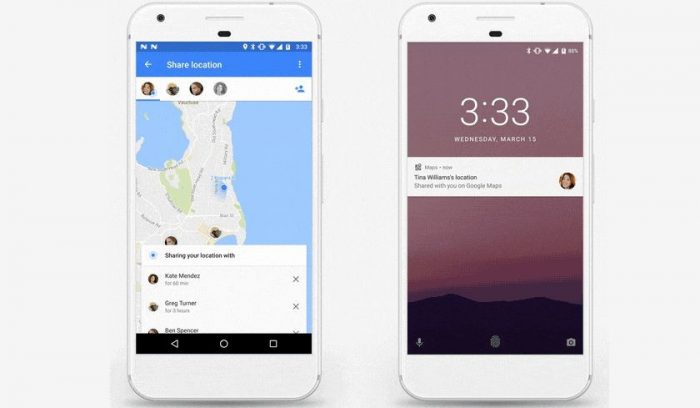Google Maps recently rolled out real-time location sharing that lets you select which contacts to share with and how long you want to keep them in the loop. The added convenience for users also has an upside for Google. “Mapping, very granular mapping, could actually be a bigger source for ad revenue than search,” says Erik Gordon, who studies entrepreneurship and strategy at the Ross School of Business. Google says it has no plans to change how it will serve its ads from within the Maps application. Gordon points out that the search giant knows emphasizing the social and convenience factors could make users more comfortable with handing over their location data. “If you can couch it in social, it’s your friends that can track you—not that Big Brother can track you, not that an ad server can track you, not that Travis Kalanick can track you.”

